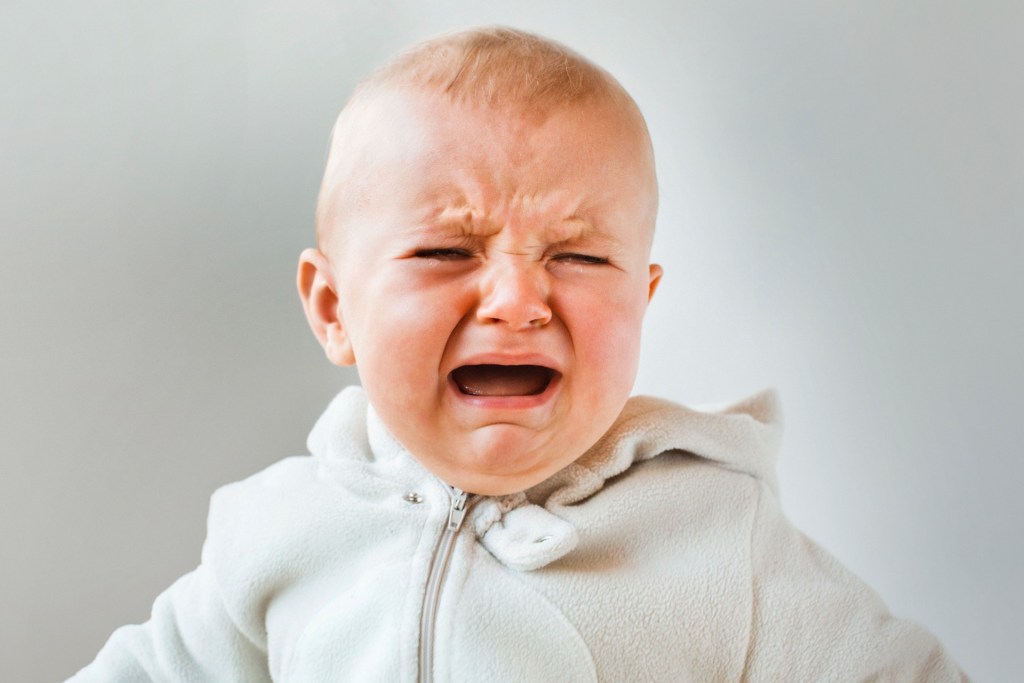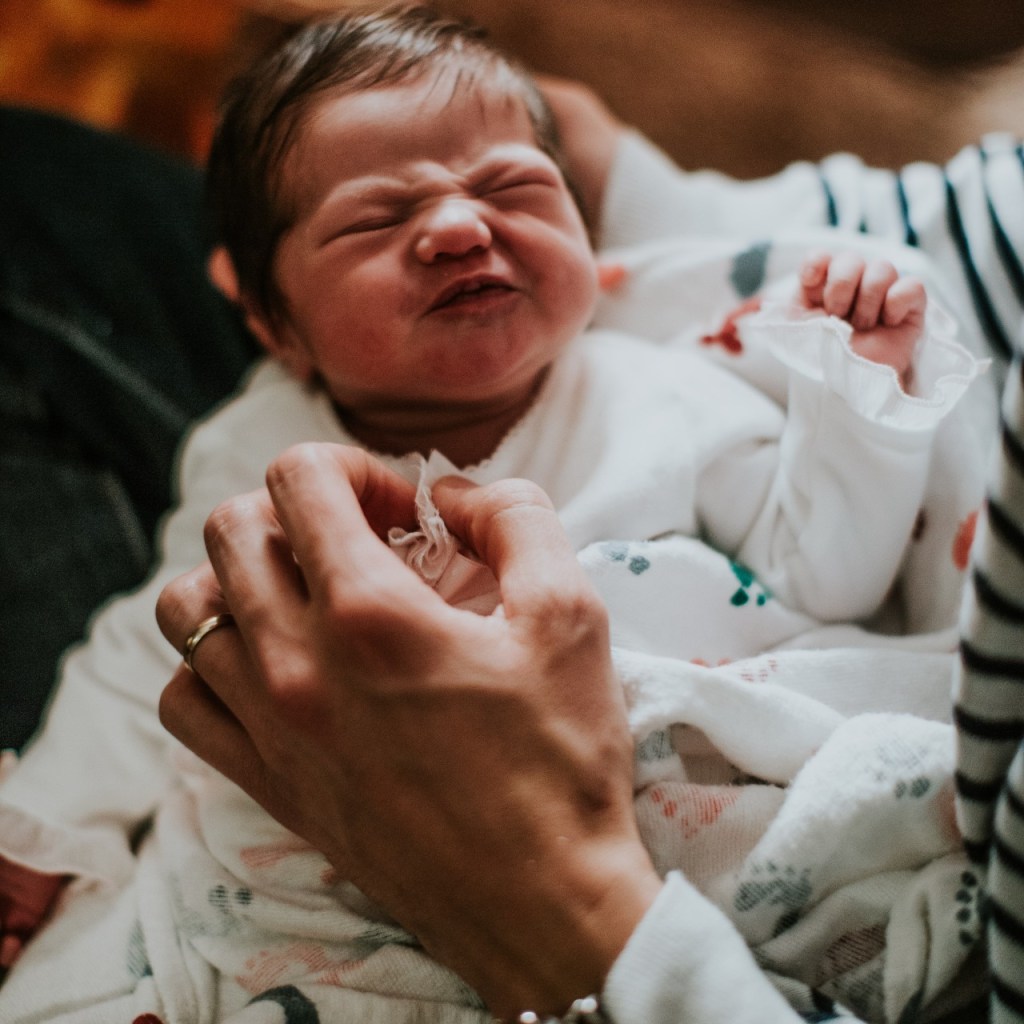Maybe you have a baby with colic or a clumsy toddler. Regardless, you might be wondering: Why do kids cry so much? What is the science behind it? Find out by reading on.
Crying as communication

From the time they enter this world, babies start crying. For the first year or so of their life, they will have few other ways to communicate. So, babies resort to crying as a way of letting their parents know that they need attention. The reasons could range from hunger, to a wet diaper. Sometimes, babies desire to be held before they could fall asleep, and that’s why they cry. No matter, you may eventually learn what each of your baby’s different cries means. As babies get older and learn to talk, they can tell you what they need without having to cry, which is easier for all parties involved!
The psychology and structures behind crying

Crying as a function occurs due to the limbic system. This system deals with involuntary emotions through the autonomic nervous system. The limbic system is divided into two parts: Sympathetic and parasympathetic, The sympathetic limbic system produces aggression, while the parasympathetic limbic system is responsible for processing emotions and resting. Most crying begins due to a sympathetic response, like they want to have some cake. However, once it is registered in a person’s head that the outcome they want isn’t going to happen, the crying switches to a parasympathetic response — one of sadness. So by the time a child is sobbing, they have already recognized they’re not going to get what they want and are beginning to accept that fact. Big displays of intense tears do have an evolutionary purpose, as they indicate that someone is in need of attention. Crying physically releases stress, as people have been shown to have lower blood pressure, pulse rate, and body temperature after crying.
Actual tears are produced by the lacrimal glands, also known as the tear ducts. Some tears are produced by the lacrimal glands in order to lubricate the eye. Other tears — those we cry — have a different chemical makeup and contain an endorphin which is a natural painkiller. You may notice that your newborn baby does not have any tears when they cry. This is because humans are born with underdeveloped tear ducts. Lacrimal glands mature at around 2 months of age. Crying produces a runny nose because some tears go through the nasal cavity and mix with mucus.
Should crying be discouraged?
Parents may find their child’s crying annoying or frustrating at times (it is biologically intended to get your attention, after all). Does this mean crying is an unhealthy behavior? Should we encourage children to process their emotions in ways besides crying? Many therapists suggest that crying is a natural part of being human and dealing with our feelings. Studies have actually found that healthier people cry more than those who have a chronic illness and view the act more positively. Crying is an important, if not necessary, part of grieving. Crying during therapy has been shown to improve psychological outcomes more than not crying during therapy. Children should be encouraged to let their feelings out by crying if needed. You should have an accepting and nurturing attitude when your child cries.

In a child, crying often happens spontaneously in response to stress or trauma. The more stressed a child is, the more they will probably cry. Situations that can provoke crying go beyond injury or death. A child who is overstimulated at their own birthday party may even cry. While crying is a natural response to grief and is crucial to the healing process, if your child is crying often due to stress in their environment, you do want to address the sources of stress. Keep in mind that the emotions children feel are equally as deep as yours, except they are more upset by things as they don’t have many situations to compare their experiences to. For instance, losing a toy may seem trivial to an adult, but to a child is probably the equivalent of losing a friend in an adult. Regardless of the severity of an issue, help your child to feel comfortable and allow them to cry if they feel they have to do so. Taking preventative measures can help make for a happier child and happier parents alike.
Now that you know the biology of crying, perhaps you will be more receptive to your child’s emotions. Don’t forget that you can — and should — cry when you feel like it. Crying does not have to be indicative of pain, and in fact shows that healing is occurring.
Editors' Recommendations
- Is your kid screaming for no reason? Here are ways to deal with a screaming child’s behavior
- 25 creative journal prompts for kids
- How long is formula good for? This is when to toss it
- Glass vs. plastic baby bottles: Here’s what doctors have to say
- How much water should a 1-year-old drink? What you need to know


